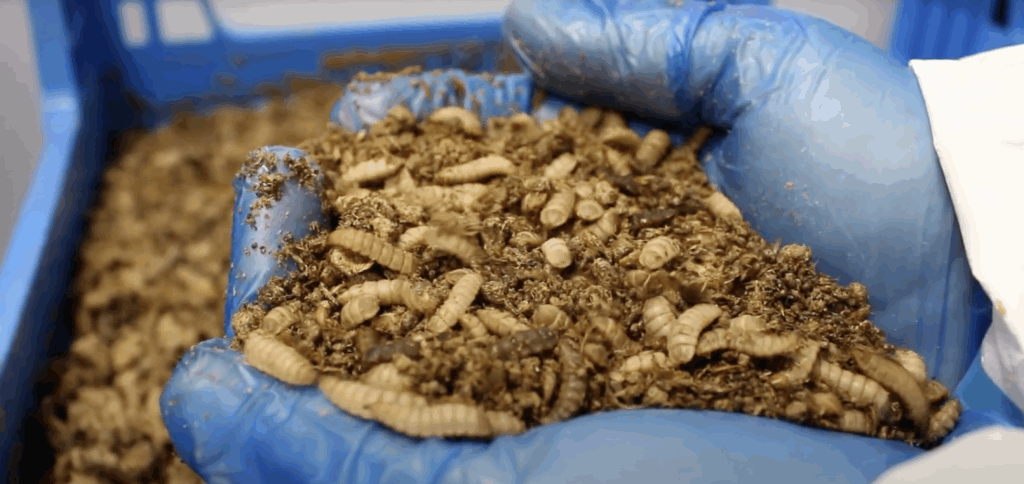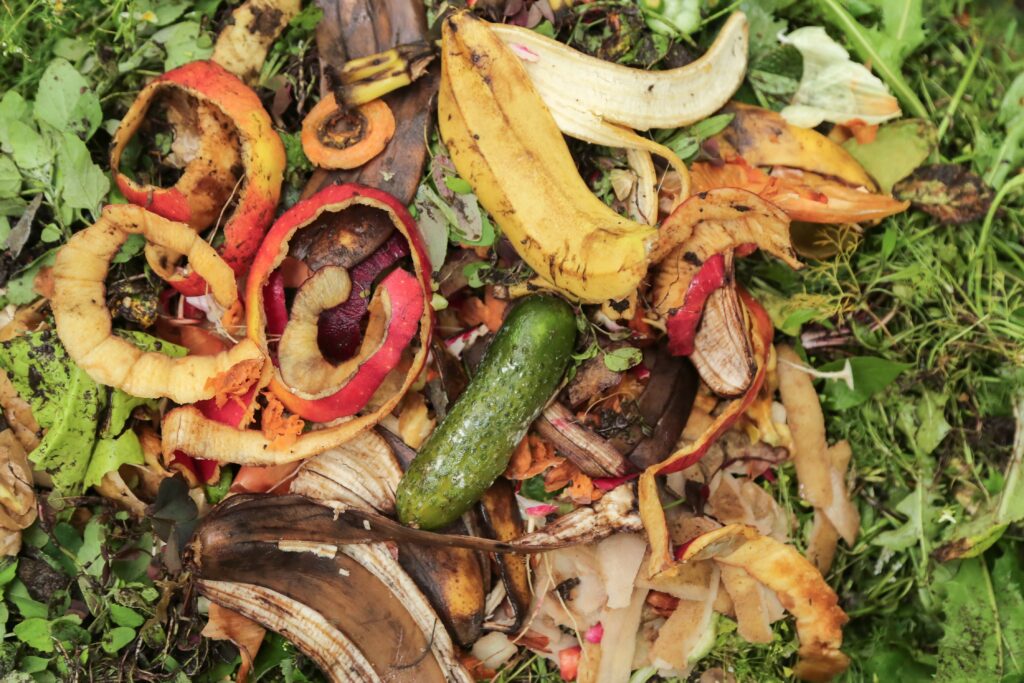The approach was unveiled today in response to a consultation Defra ran in 2022 on mandatory food waste reporting by businesses (see letsrecycle.com story). The consultation set out three possible options for the reporting: Do nothing, require food waste measurement and reporting for large businesses or enhance voluntary agreements.
Of the 3,851 people and businesses who responded to the consultation, 80% were in favour of mandating businesses to report food waste volumes.
However, the department said only 39% of the consultation respondents identified as large businesses, implying that a majority of those supporting option 2 would not be directly affected by the proposed regulatory policy.
“This raised concerns about the potential burden imposed on the businesses that would be subject to the regulation,” the government department said.
This response was released on a busy day for Defra, which published a consultation on the the next steps for extended producer responsibility (see letsrecycle.com story) and its Environmental Improvement plan.
Government response
Defra noted that a voluntary approach to food waste reporting is largely successful with “nearly half of large food businesses in England voluntarily measuring and reporting their waste data in 2022”.
The progress report by WRAP’s Food Waste Reduction Roadmap 2021 revealed that 140 businesses that provided year-on-year data achieved an impressive 17% reduction in food waste, amounting to a staggering £365 million in savings. Additionally, these businesses reported “increased efficiency, with a 13 to 15% reduction in waste per tonne of food handled.”
Despite the success of voluntary reporting, the government raised concerns during the consultation regarding the future trajectory of voluntary reporting. It was anticipated that the number of businesses participating voluntarily would reach a plateau, hindering further progress in curbing food waste. Consequently, the government explored alternative measures to boost reporting rates and incentivise businesses to take more decisive actions to reduce food waste.
Option 2, which involved a regulatory approach to food waste reporting for large businesses, garnered substantial support among respondents to the consultation.
Approximately 99% of respondents (80% when removing campaign responses) expressed their backing for this option. They believed that mandatory reporting would lead to an increase in the number of businesses reporting their waste data, levelling the playing field and promoting financial savings for businesses. Moreover, the environmental benefits were highlighted, including reduced resource consumption and greenhouse gas emissions from waste management.
Expense
An impact assessment revealed that Option 2 carried significant costs, estimating an average annual reporting cost of £5.3 million for businesses (compared to £0.3 million for Option 1). Over a 12-year period, the total cost for Option 2 was projected to be £63.8 million, compared to £11.7 million for Option 1. Additionally, substantial costs were expected for the public sector in setting up and implementing the regulations, further contributing to the government’s decision to step back from the regulatory approach.
The government acknowledged the need to strike a balance between environmental priorities and the economic burden on businesses and consumers, especially considering prevailing cost-of-living challenges. Given the relatively high costs associated with Option 2, the government concluded that a regulatory approach was not suitable at this time.
Voluntary Approach
Instead, the government reaffirmed its commitment to the voluntary approach, which has proven successful thus far. The voluntary reporting scheme will remain in place until at least mid-2025, after which a thorough review will be conducted. Any potential changes to the approach will be implemented after a minimum of 12 months following the review.








Subscribe for free